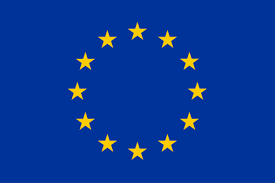Shifting urban food consumption & production: FoodSHIFT2030 webinar – 18 November 2020, online

FoodSHIFT2030 presented a webinar on how citizen-driven innovation can shift the way in which we produce and consume food.
Among the initiatives, the Berlin Food Policy Council, created by citizens in 2015, shows how it is possible to challenge the model of food governance of the city. The Council brings all different food system stakeholders together to brainstorm about what is needed to improve Berlin’s food systems. They organise workshops, awareness-raising events, develop policy recommendations and were successful to put food on the agenda of Berlin’s policymakers. They also work alongside the Berlin Food Life Center Lab to promote a decentralization concept for food distribution and education.
The community ‘Compostiera di Comunita’, based in Lecce, Italy, illustrates the benefits of promoting dialogue between citizens and public and private sectors to enhance circular economy. Through this network, the community developed a sustainable management system for food waste through the compost community and earthworm cultivation, which is afterwards transformed into a natural fertilizer used for plants. They work alongside the Bari Back to Land Lab to renew the short food chain model.
Finally, the EAT Foundation presented its ‘Shifting Urban Diets’ project, which has a lot of similarities with the work of the Copenhagen Kitchen of Tomorrow Lab. This project is structured around three main activities: using scientific data to design food projects reducing greenhouse gas emissions, involving citizens to define what needs to be improved regarding neighborhood food environments, and reinforcing the capacity building in public and private kitchens.
Learn more about these initiatives by watching the webinar.
FoodSHIFT2030 is a Horizon 2020 project promoting food systems innovations in nine cities across Europe. More information about the 9nice FoodSHIFT Labs is available on the FoodSHIFT2030 website. Follow the project on social media using @FoodSHIFT2030 on Twitter, Instagram, YouTube and LinkedIn.
IFOAM Organics Europe contributes to the conceptual framework for further development of governance strategies and food policy strategies. We will also disseminate project outputs within the organic network and at our main events.


